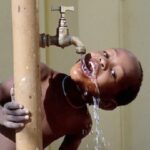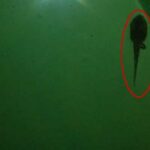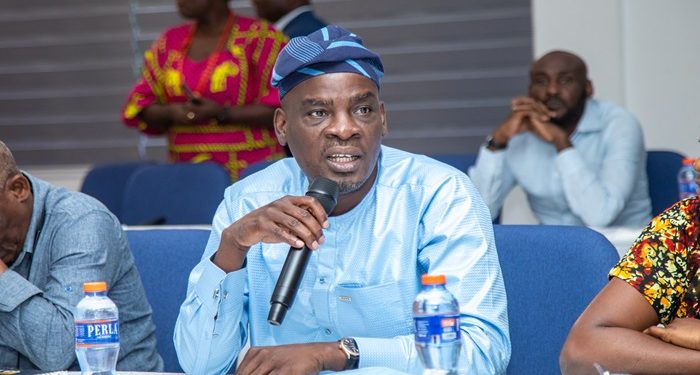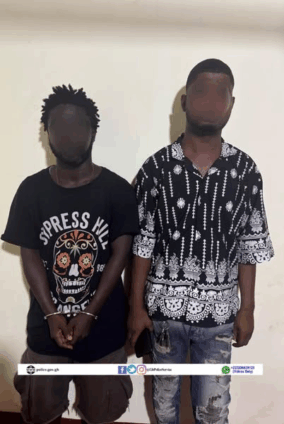Accra, Aug. 25, GNA – Sachet water is not safer than tap water, an official of Aqua Vitens Rand Limited, operators of Ghana’s urban water distribution system, said on Wednesday.
“It is not any safer to drink sachet water than it is to drink tap water,” Mr Evans Balara, Director of Quality Assurance at AVRL, told the drinking. People tend to limit their use of tap water for purposes other than drinking, largely because of the misconception that sachet water is purer than tap water.
This is in spite of the fact that the Food and Drugs Board (FDB) has in past clamped down on many sachet water producers, who do their businesses under unwholesome conditions and end up introducing foreign particles into tap water and sell to the public.
“The claim by sachet water producers that they treat and purify tap water and make it safer to drink is completely false,” Mr Balara said. He noted that the system used by sachet water producers was a “run through filtering system” which does not kill bacteria, adding that as a result, sachet water producers only packaged and sold what is originally from Ghana Water Company Limited (GWCL) only to line their pockets
“We appreciate the fact that they make potable water easily accessible to the public so we won’t stop them, but they cannot claim that they are treating the water and making it any safer than it already is “If anything at all, some of them have been found to be introducing foreign particles into the water they claim to have purified,” he said.
Mr Balara said no sachet water producer takes and treats raw water directly from rivers and other water bodies with all the loads of impurities.
“Until they are able to take water from rivers and purity it by themselves they cannot claim to be adding value to already treated and purified tap water,” he said.
On the issue of tap water sometimes containing debris and pigmentation, Mr Balara said some of the pipes in the water distribution network were metallic and were as old as 50 years so they sometime shed off their surfaces into the water.
He also noted that since the pipes were underground, breakages did occur due to human activity and that allowed foreign particles to get into the water sometimes.
But AVRL recently launched a Geographic Information System (GIS), which would, among other things, aid the easy location of breakages and leakages in the distribution network and thereby prevent frequent contamination and assure safe potable water.
Mr Balara said the GIS Department had mapped out the entire distribution network on a computer and was monitoring it round the clock to determine, among other things, the faults in the lines and advice the Quality Control Department to take action where necessary. “In the past we had problems with knowing where breakages were because when personnel who knew the system well go on retirement or died, it becomes difficult to run the system efficiently. “But now the GIS has captured the entire system and our men are on the ground with IT-based devices to easily detect and report breakages to the office from location,” he said
Source: GhanaWeb












